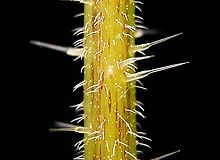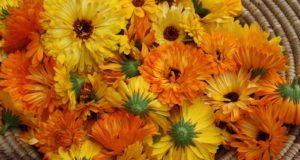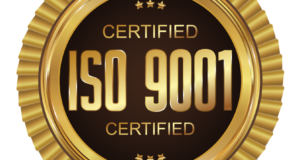
Very few places host more junk science than advertisements for homeopathic medicinal herb products. Claims of near-miracles are made which have neither been tested nor substantiated. Still, some herbs have actually been in use for millennia to treat many conditions and are still favorites when it comes to medicinal herb gardening. Here are some herbs used for medicinal purposes which have been analyzed by leading researchers, along with their potential benefits and side effects.
Chamomile
Chamomile, an herb named after a similarly named dried flower, is often used to make a tasty and safe tea. Drinking it can soothe you, and may even work as a mild sedative. Some claim that chamomile can lessen inflammation and fever, but this has not yet been verified. Other studies claim that chamomile contains certain compounds that can inhibit certain stomach ulcers caused by bacteria, but again this has not be fully proven.
While it is not exactly the miracle cure it is often touted as being, and its pollen could cause an allergic reaction in some people, this chamomile is a safe herb for most to use.
Echinacea
A number of the substances found in the perennial, Echinacea, have been thoroughly studied. And while science has yet to entirely validate any of the claims made about it, it is often thought to be an aid to the immune system and has been used in the treatment of upper respiratory problems brought on by colds.
Some research suggests it can help shorten the duration of a cold as well as ease symptoms. Other studies show that it may lessen the frequency of contracting colds. Such claims are difficult to prove, because so many factors are in play when one catches a cold, but the herb is believed to be safe. At the very least, the herb may be a good placebo.
People who have diabetes should absolutely speak to their physician before taking Echinacea.
Feverfew
Feverfew has been said to treat inflammation and migraine headaches and is a common herb in medicinal herb gardening. Because it reduces the effectiveness of clotting in the blood, this may be true. It contains the ingredients parthenolide and glycosides.
Keep in mind there are some potentially dangerous side effects noted. It could cause skin inflammation and oral ulcers. Heart rate and pulse could be elevated and it could potentially interact with prescription drugs prescribed for migraines. This herb may even interact with out body’s absorption of iron.
Ginseng
Ginseng is an ancient herb commonly used in China and India. Certain studies suggest that is can reduce blood sugar levels and increase the “good” cholesterol, HDL.
While there’s no evidence supporting its ability to actually enhance sexual performance, it is safe. Of course, in circumstances such as this, a placebo can often be as good as an actual effective ingredient. Sometimes, if you think it will work, it will. Ginseng, however, is an herb that both pregnant and breastfeeding women should avoid taking as it contains compounds similar to estrogen. It can also reduce blood sugar to levels too low to be considered healthy and, when taken in large quantities, has been known to induce asthma attacks.
Before you try herbs to treat your own health, you should gather a lot of information and do your own research first. Lots of stories and opinions abound, and medicinal herbs have been used for a long time. But it’s hard to get truly scientific, objective information. Be careful.
Medicinal herb gardening can be done at home, whether in pots or a garden in the ground. It is similar to growing perennials, and you will have an entire supply of homeopathic medicinal herbs waiting for you in your yard.

Source by Lee Dobbins
How to Get and Use Prescription Medications Safely Online for Free
 Vitamin Agent The Health & Naturalistic Source
Vitamin Agent The Health & Naturalistic Source




